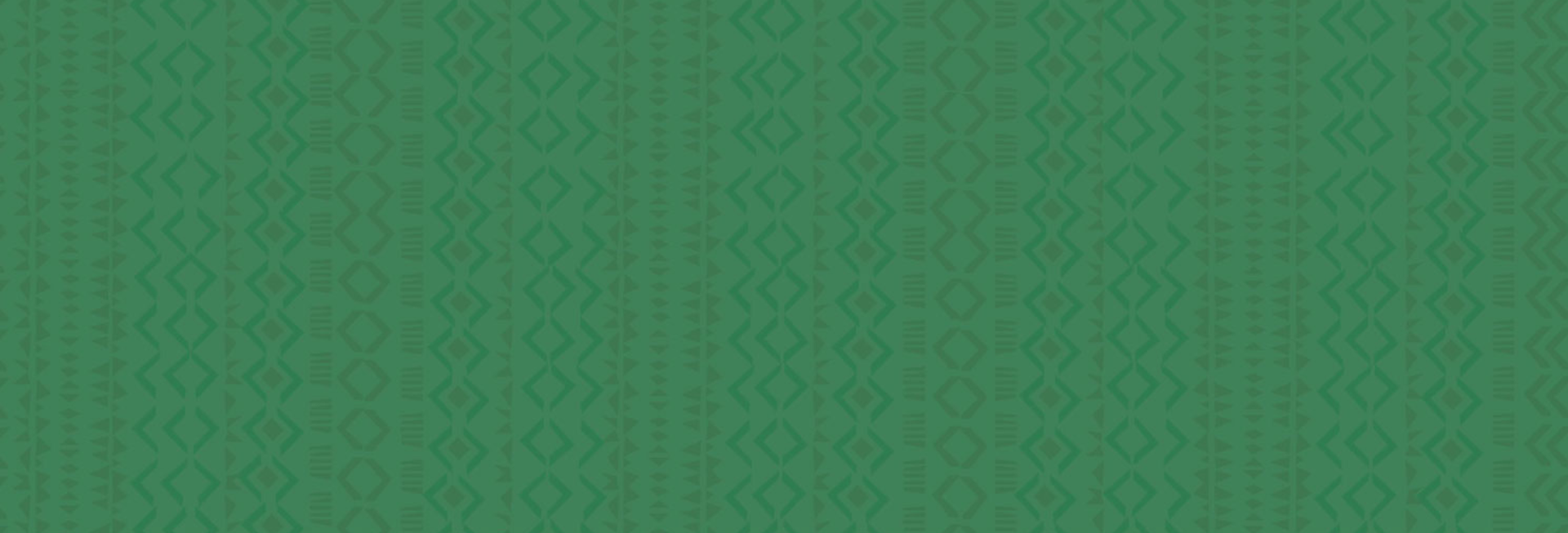2025-08-09 –, MOMBASA (🗣️ ar, es, fr, sw)
Language: English
🎥 Session recording: https://www.youtube.com/live/8pN9qxWPBOs?feature=shared&t=16606 🎥
As artificial intelligence continues to reshape the digital landscape, collaborative knowledge platforms like Wikimedia find themselves at a pivotal crossroads. This lecture explores the evolving relationship between Wikimedia and AI technologies, examining how machine learning, natural language processing, and large language models are transforming content creation, moderation, and user engagement on one of the world’s largest open knowledge platforms. We will discuss both the opportunities, such as improved accessibility, automated editing tools, campaign organization, editor retention, and multilingual expansion, as well as the ethical and practical challenges, including misinformation, bias, changes in attention span, and transparency. By analyzing recent developments and community responses, the lecture aims to highlight how Wikimedia can preserve its core values of openness, neutrality, and collaboration in an increasingly AI-driven world.
The talk will be structured around four main axes:
The Current Landscape:
We'll begin by examining how Wikimedia currently integrates AI technologies. This includes tools like ORES (Objective Revision Evaluation Service), which helps detect low-quality edits and vandalism, as well as initiatives for automated article generation, fact-checking, and enhanced search functionality.
Opportunities AI Offers Wikimedia:
We’ll look into how AI can support human editors, improve multilingual access, simplify moderation tasks, and open up new possibilities for marginalized languages and underrepresented knowledge. AI can also help identify content gaps and suggest improvements, making Wikimedia more inclusive and dynamic.
Challenges and Ethical Concerns:
As with all AI applications, Wikimedia faces serious questions around bias, accountability, transparency, and governance. Who is responsible when an AI tool makes a mistake? Can AI undermine the human-driven ethos of Wikimedia? We’ll explore these critical issues, including the risk of reinforcing systemic biases or spreading misinformation.
The Road Ahead:
Finally, we’ll consider the future: How can Wikimedia remain a trustworthy, community-driven platform in an increasingly automated world? We’ll explore current community debates, governance models, and collaborative approaches between human contributors and AI systems.
- What is the experience level needed for the audience for your session?
-
Everyone can participate in this session
- How do you plan to deliver this session? You will be asked to confirm this closer to the date in case of changes to the format.
-
Hybrid, with some speakers in Nairobi and others dialing in remotely
- Should your session be selected for the program, do you agree to release your session and supporting materials on-wiki and on the eventyay platform under CC BY-SA 4.0?
-
I agree
- What other themes or topics does your session fit into? Please choose from the list of tags below.
-
Conferences
- How does your session relate to the event theme: Wikimania@20: Inclusivity. Impact. Sustainability?
-
Artificial Intelligence, Content Creation
Houcemeddine Turki was born on May 24, 1994 in Sfax, Tunisia. He is a medical student at the Faculty of Medicine, University of Sfax, Tunisia. He is also a computer science student at the University of the People, United States of America. From 2021 to 2024, He served as a co-founder and research assistant at the Data Engineering and Semantics Research Unit, where he conducted scholarly research related to Data Science, Biomedical Informatics, Semantic Web, and Scientometrics. An active proponent of open science, Houcemeddine is also a long-term contributor to Wikimedia projects such as Wikipedia and Wikidata. His commitment to improving the accessibility and quality of open knowledge is reflected in his leadership roles: he was a board member of the Wikimedia Tunisia User Group and the Wikimedia and Libraries User Group. His scholarly work has appeared in reputable journals like Scientometrics and the Journal of Biomedical Informatics, underscoring his dedication to advancing research and fostering collaborations at the intersection of medicine, data science, and open knowledge.
Active Wiki volunteer... since creating my first account in 2005, contributing to Arabic, French, Wikimedia Commons, and Wikidata projects, with deeper community engagement since 2012. Co-founded WikiDz in 2014, spearheading photo contests and educational initiatives. Launched the "Wikimassak" MOOC, inspiring 10,000 Arabic-speaking newcomers. Co-established the Arab Wikimedians User Group to strengthen collaboration. Acts as an ambassador for wmf products, driving their adoption and impact. Passionate about translation since childhood, actively translating on Meta. Dedicated to advancing open knowledge and fostering community connections.
I'm a collaboration enthusiast and Lecturer at the University of St Andrews School of Computer Science. Originally from Syria, I've been driven by the impact of limited knowledge access to address social challenges through research and educational initiatives.
Since discovering the Wikimedia Foundation's mission in May 2018, I've been dedicated to supporting its movement, starting with an MSc dissertation focused on enhancing the Wikipedia content translation tool and supporting volunteer translation. During my PhD, I introduced a co-design framework for grassroots solutions and used it to co-designed WikiSync, a collaborative Wikipedia editing tool.
In 2021, I co-founded the IDEA Network to systematically support open-knowledge research projects. Presently, I'm focused on participatory design strategies to address social issues like digital poverty, exploring Wikipedia's potential as a medium to provide assistance to those affected.
While I'm not a regular contributor, I'm devoted to researching ways to improve Wikipedia for everyone. Outside of academia, I enjoy music, aesthetic bodybuilding, and archery.

